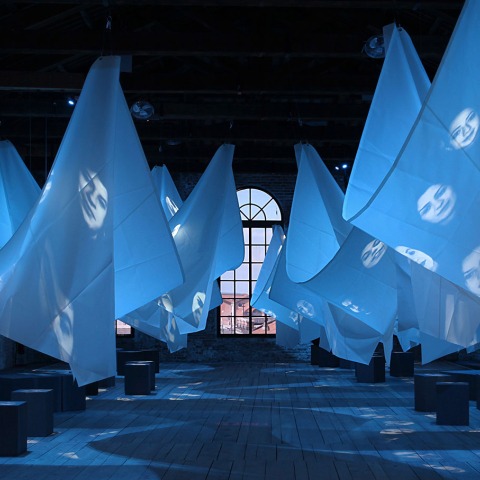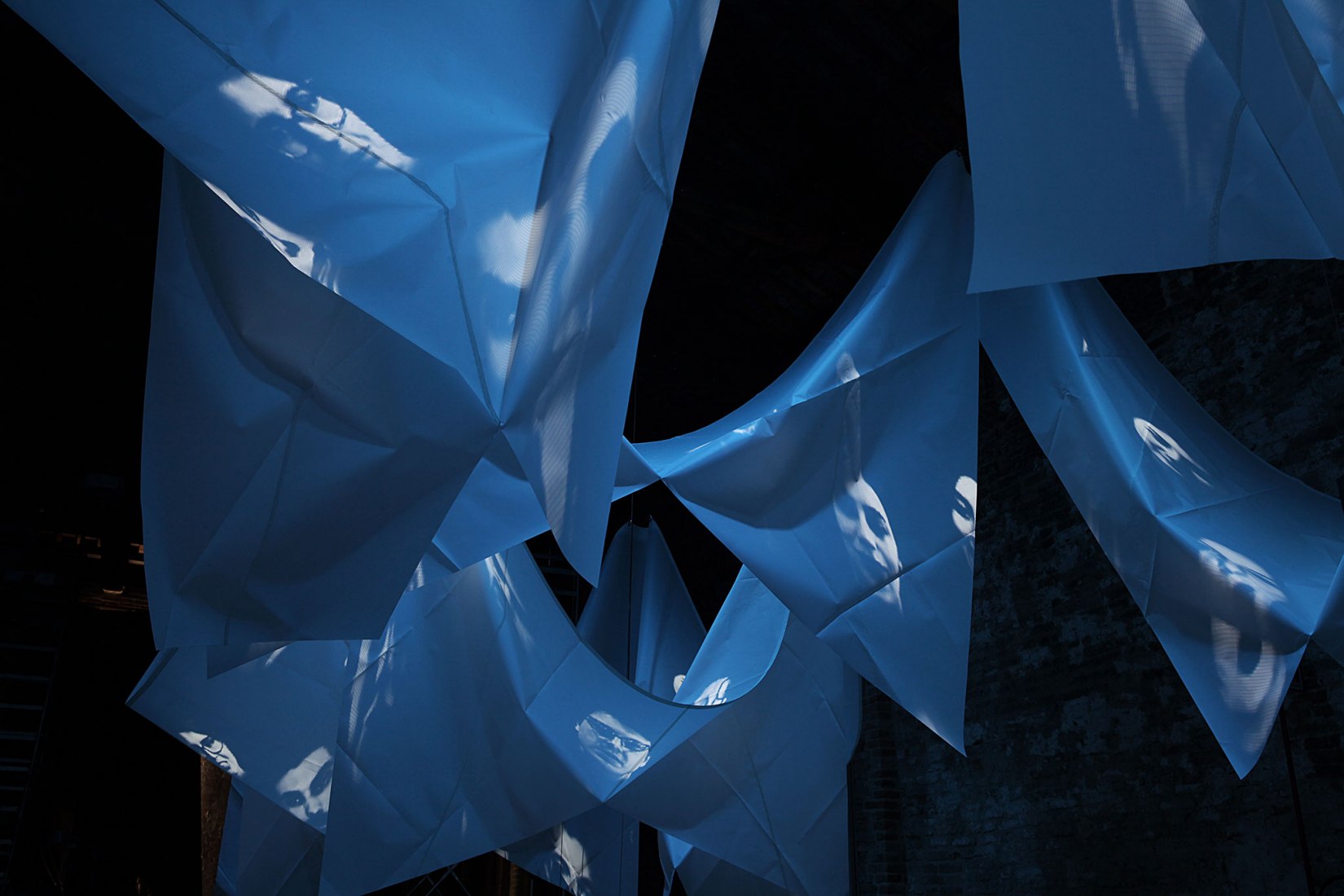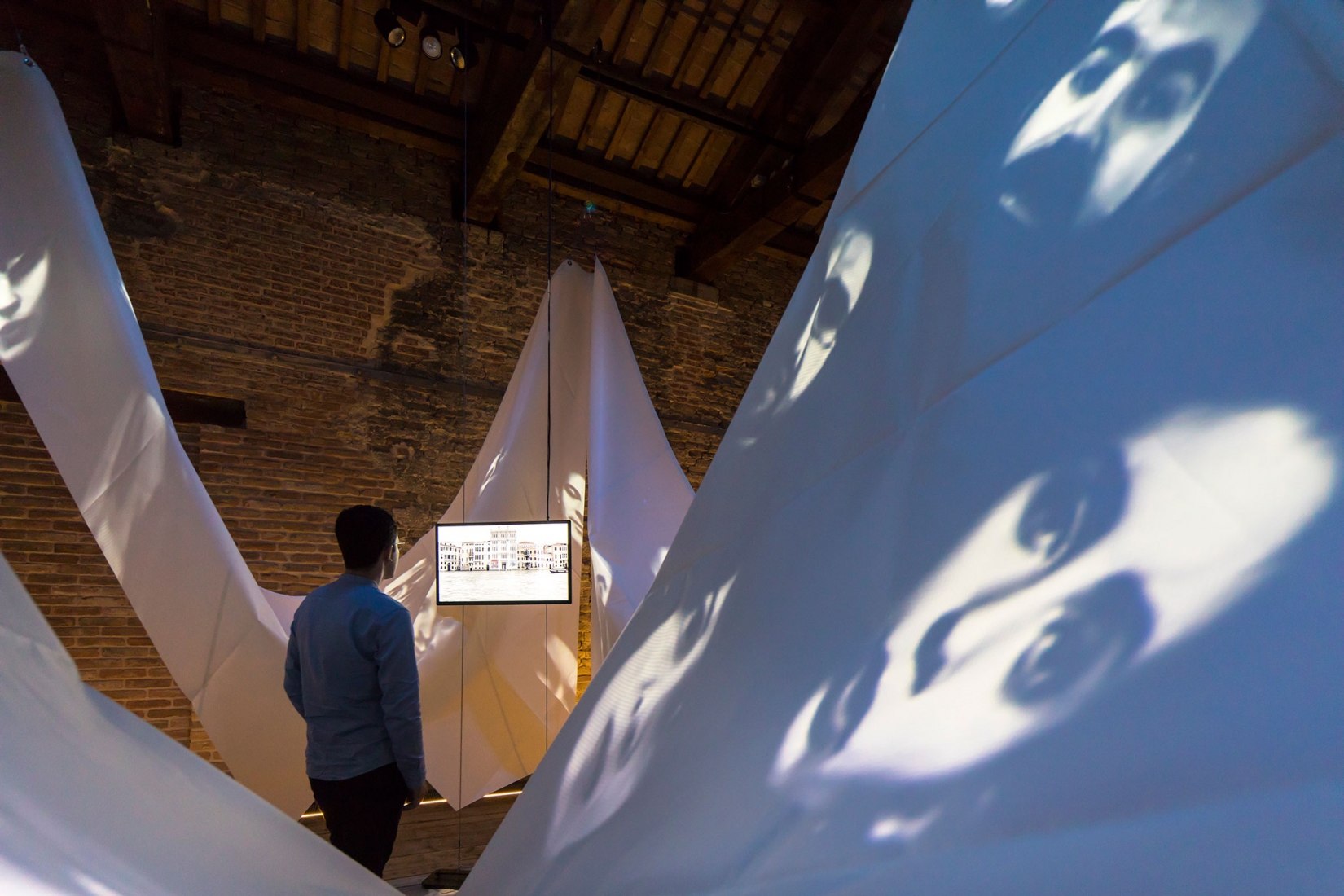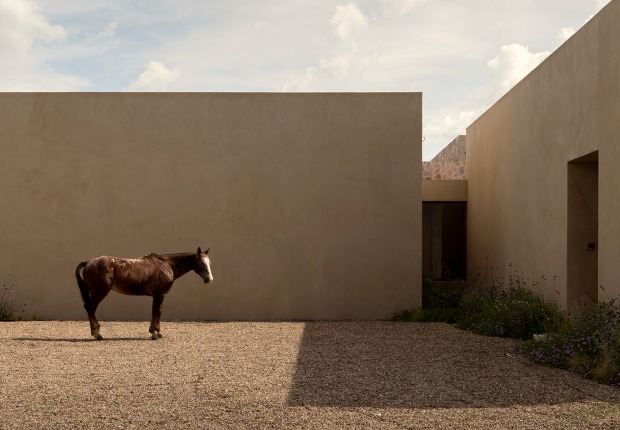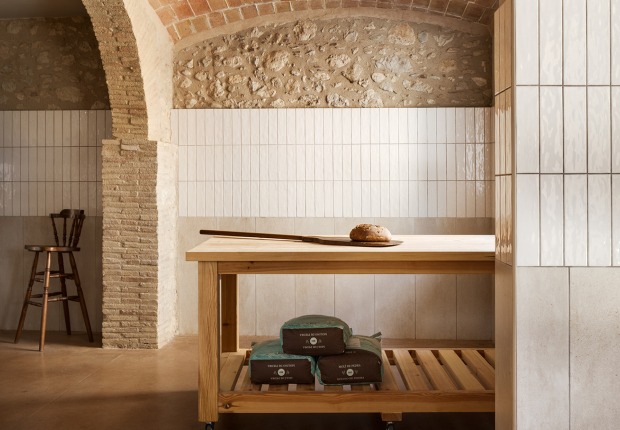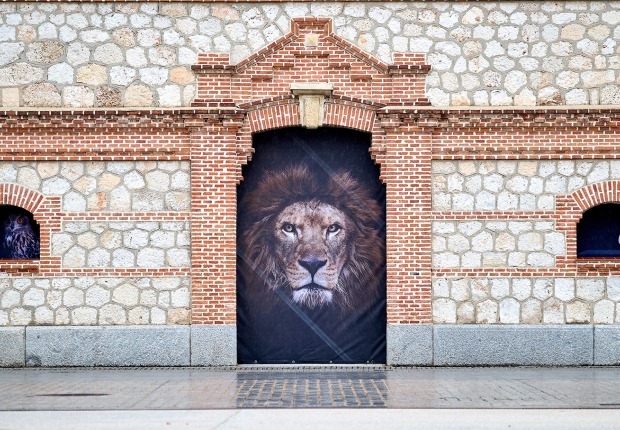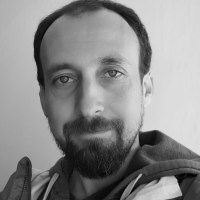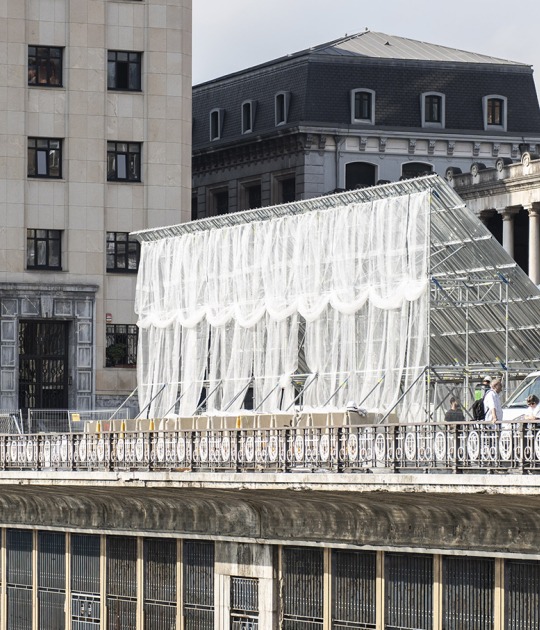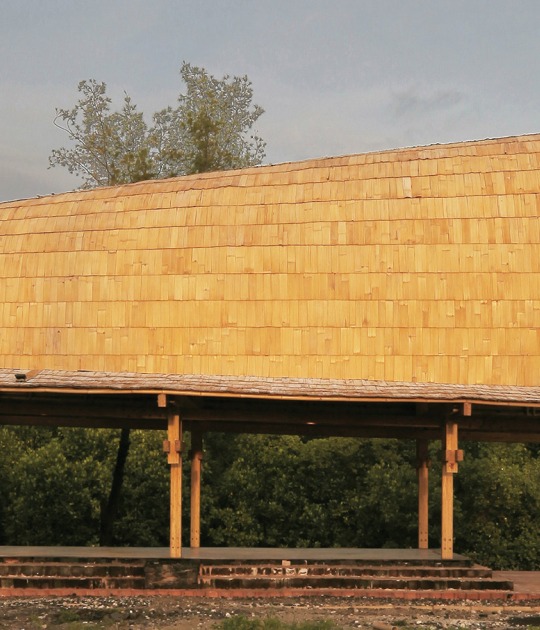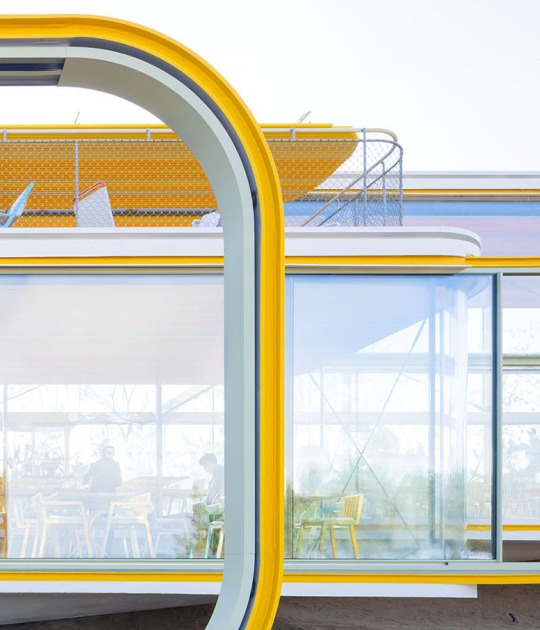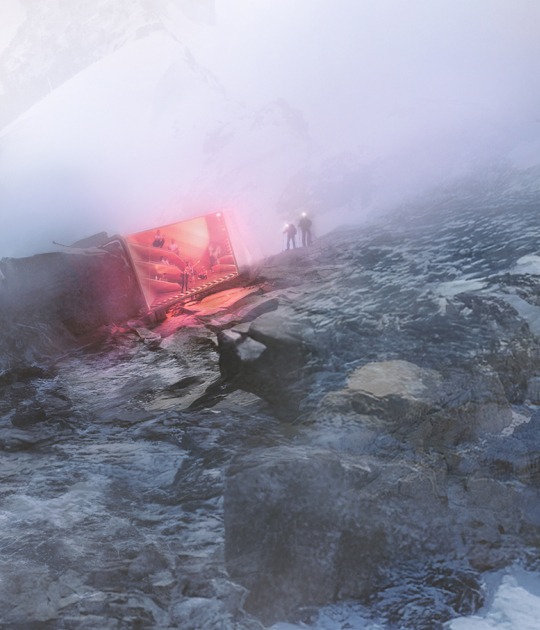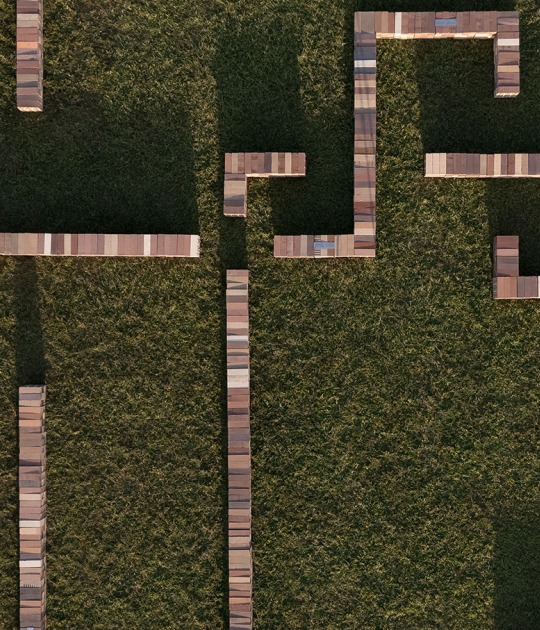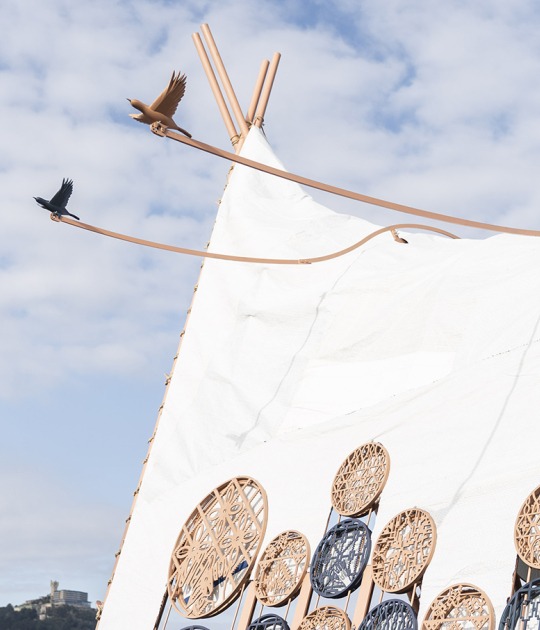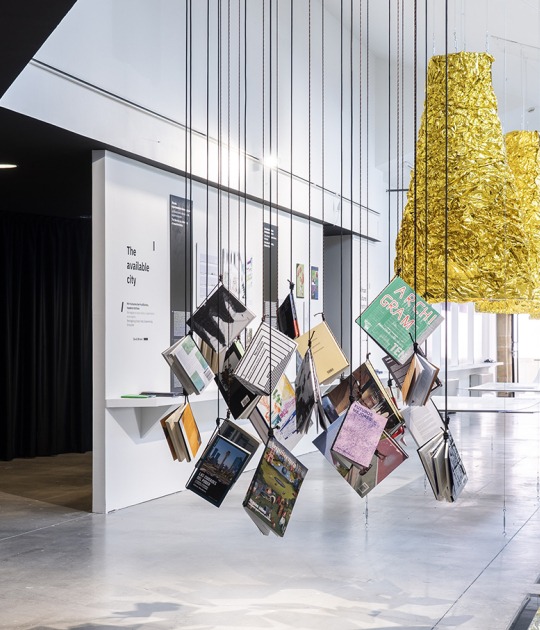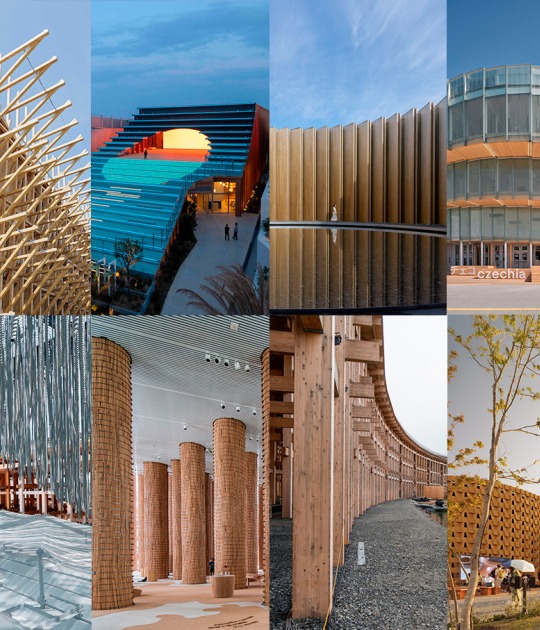Vardiya / the Shift. Responding to the Biennale Architettura 2018 theme of Freespace, Vardiya is a programme of public events that will transform the Pavilion of Turkey into a staging ground for creative encounter, collaborative production and cultural exchange across borders.
122 international architecture students from 16 countries will visit the Pavilion of Turkey in weekly ‘shifts’ as active producers of the evolving exhibition content. They will participate in workshops, engage in roundtable discussions and hear keynote lectures driven by guest scholars, designers and architects.
The programme will begin with multi-media installations, through which visitors will be informed about forthcoming activities and workshop themes. Throughout the twenty-five weeks of La Biennale, the Pavilion of Turkey will host 13 workshops, focusing on a variety of topics; around 50 digital meetings with participants from a range of disciplines; and 6 lectures by keynote speakers, including an international roster of leading architects. All of the workshops, digital meetings and lectures will be open to visitors during biennale opening hours.
Vardiya aims to stimulate an ongoing critical dialogue among students, academics, professionals and the public about the role of the biennial. Emphasising the power of creative collaborations on an international scale, the curatorial programme reimagines biennials as platforms that create new networks and forms of communication, encourage inclusivity and promote interaction between cultures. In addition to creating a space for all parties to benefit from this opportunity of interplay, the Pavilion of Turkey hopes to incorporate individual and collective experiments from young creative minds into the locus of contemporary architectural discourse.
122 international architecture students from 16 countries will visit the Pavilion of Turkey in weekly ‘shifts’ as active producers of the evolving exhibition content. They will participate in workshops, engage in roundtable discussions and hear keynote lectures driven by guest scholars, designers and architects.
The programme will begin with multi-media installations, through which visitors will be informed about forthcoming activities and workshop themes. Throughout the twenty-five weeks of La Biennale, the Pavilion of Turkey will host 13 workshops, focusing on a variety of topics; around 50 digital meetings with participants from a range of disciplines; and 6 lectures by keynote speakers, including an international roster of leading architects. All of the workshops, digital meetings and lectures will be open to visitors during biennale opening hours.
Vardiya aims to stimulate an ongoing critical dialogue among students, academics, professionals and the public about the role of the biennial. Emphasising the power of creative collaborations on an international scale, the curatorial programme reimagines biennials as platforms that create new networks and forms of communication, encourage inclusivity and promote interaction between cultures. In addition to creating a space for all parties to benefit from this opportunity of interplay, the Pavilion of Turkey hopes to incorporate individual and collective experiments from young creative minds into the locus of contemporary architectural discourse.
Curator Kerem Piker explained: "Architecture is a field that is constantly expanding, transforming and renewing itself. As such, there is a need for environments where architectural knowledge is reproduced, shared and discussed, and the voices of new participants are heard. As the International Architecture Exhibition of La Biennale di Venezia is one of the most important informal learning arenas in architecture, we prefer to describe the Pavilion of Turkey as a space for meeting, encounter and production rather than merely an exhibition space... We see this project and the preparation process as an opportunity to rethink what a biennial does, for whom, and why it exists in our time."
